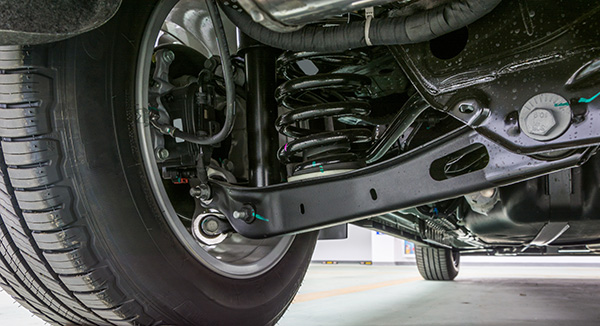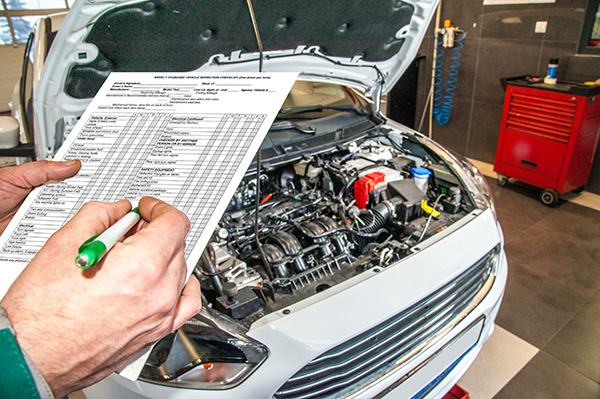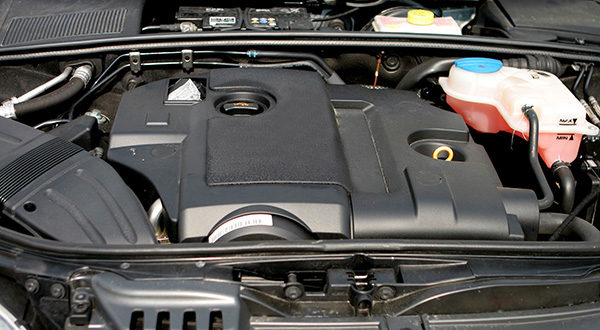Posted on 7/31/2025

Hearing a clunk every time your car goes over a bump can be both annoying and concerning. That sound isn’t just random and usually points to a worn or damaged part in your suspension or steering system. While the noise might seem minor at first, it can be a sign of an issue that will affect your ride quality, safety, and even tire wear if left unchecked. If you're wondering where that clunk is coming from and whether it's serious, here’s a breakdown of the most likely causes and what you should do next. Suspension Components Are Often the Culprit Your car’s suspension is designed to absorb shocks, keep the tires in contact with the road, and ensure a smooth ride. But over time, those parts can wear out or loosen. When they do, they may start making noises every time you drive over uneven pavement. Some of the most common suspension-related causes of clunking noises include: Worn ball joints: These connect the control arms to the steering ... read more
Posted on 7/30/2025

Buying a used car can be exciting—but it also comes with risks. While the vehicle might look great on the outside, hidden issues under the hood or frame could cost you thousands in unexpected repairs after the sale. That’s where a pre-purchase inspection comes in. It’s one of the smartest steps you can take before handing over your hard-earned money. Here’s why a professional inspection is more than just a good idea—it’s a financial safety net that helps you avoid surprises and make a confident purchase. What Is a Pre-Purchase Inspection A pre-purchase inspection (PPI) is a detailed evaluation of a vehicle’s condition, completed by a certified mechanic before a sale is finalized. It covers everything from the engine and transmission to the brakes, suspension, tires, fluids, and frame. Many inspections also include a scan of the car’s onboard computer systems to check for hidden fault codes. The goal is to uncover exis ... read more
Posted on 7/29/2025

The term “tune-up” has been around for decades, but as modern vehicles have evolved, so has the meaning behind it. Many drivers still associate a tune-up with replacing spark plugs or adjusting the carburetor, but today’s vehicles are equipped with advanced computer systems and components that don’t require frequent adjustments. So, does your car still need a tune-up, and what does that mean in today’s world? Although the definition has evolved, the importance of routine maintenance remains unchanged. A modern tune-up is all about keeping your engine running smoothly, efficiently, and reliably through a careful inspection and servicing of key systems. What a Traditional Tune-Up Used to Include In older vehicles, tune-ups were scheduled regularly and involved adjusting the ignition timing, replacing spark plugs and points, and tweaking the carburetor for optimal performance. These vehicles needed hands-on adjustments more often because t ... read more